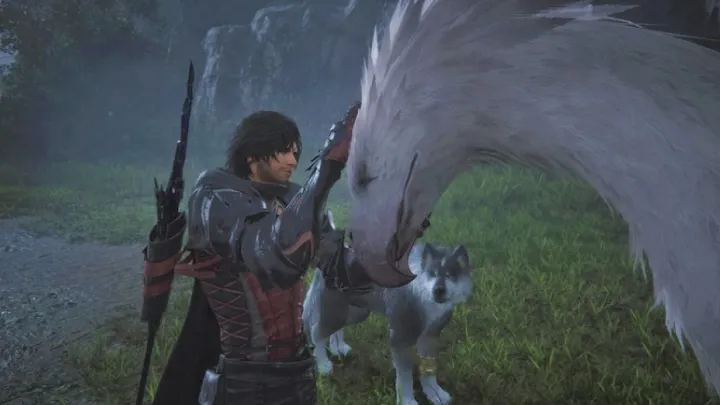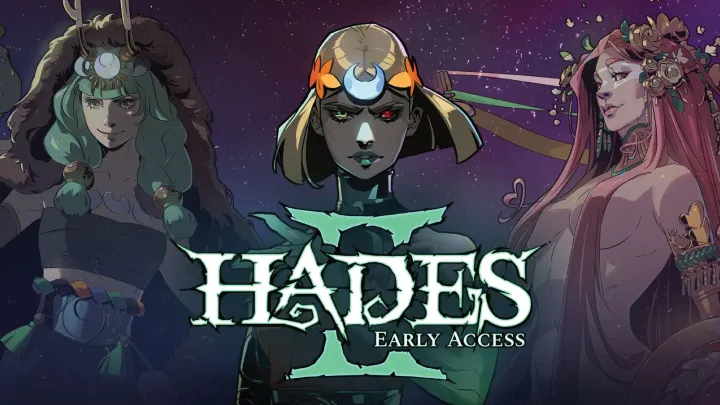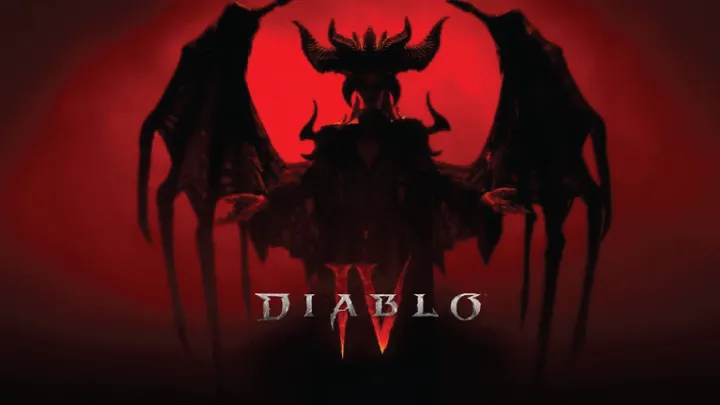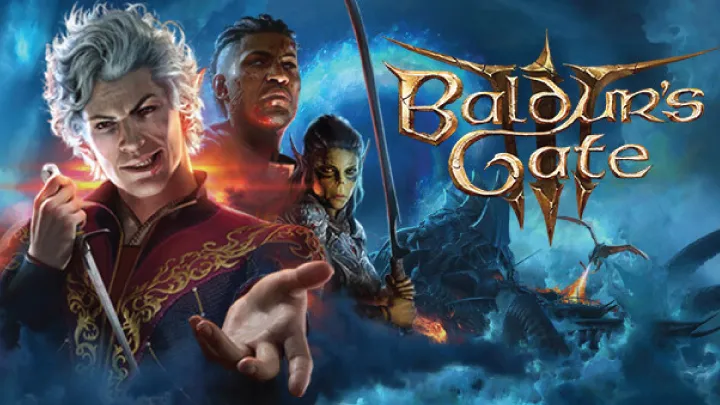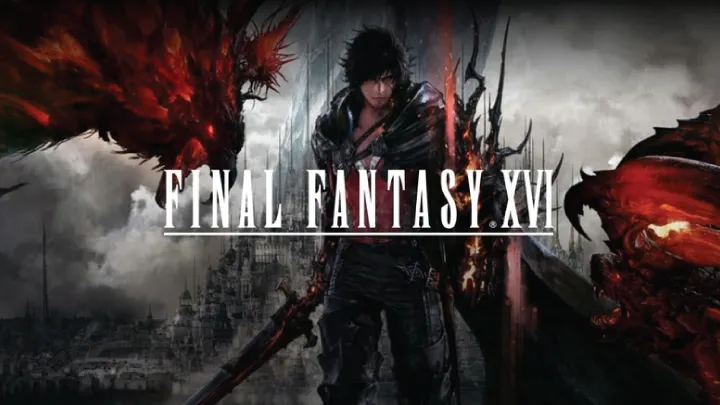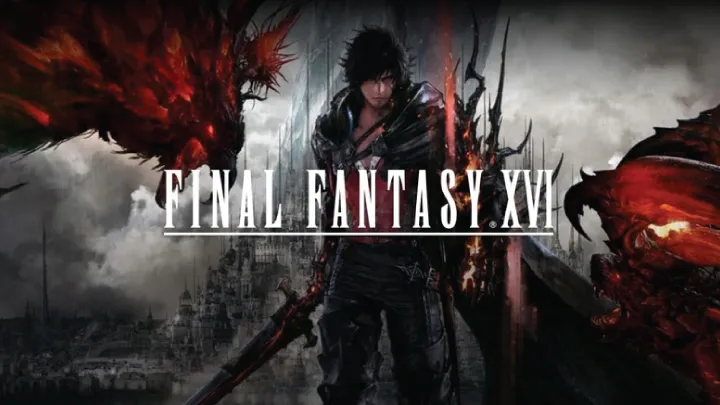 In the realm of video games, few franchises resonate as deeply as Final Fantasy. Each installment offers a unique experience, but Final Fantasy XVI stands out for its intricate storytelling and character development. At its core, this installment tackles themes of power, loss, and the struggle for identity in a world fraught with conflict. This article delves into the narrative complexities of Final Fantasy XVI, focusing on its character arcs, world-building, and the philosophical underpinnings of its plot.
In the realm of video games, few franchises resonate as deeply as Final Fantasy. Each installment offers a unique experience, but Final Fantasy XVI stands out for its intricate storytelling and character development. At its core, this installment tackles themes of power, loss, and the struggle for identity in a world fraught with conflict. This article delves into the narrative complexities of Final Fantasy XVI, focusing on its character arcs, world-building, and the philosophical underpinnings of its plot.
The Setting: Valisthea and Its Crystals
The world of Valisthea is a vibrant tapestry woven from the threads of magic and political intrigue. Dominated by Mothercrystals, these towering structures serve as sources of aether, the lifeblood of the realm. However, the blessings of the crystals come at a price, and this dependency sets the stage for conflict.
The Mothercrystals and Their Influence
The Mothercrystals are not merely geological formations; they symbolize power and the societal hierarchy that governs Valisthea. Each kingdom is tethered to its respective crystal, leading to a delicate balance of power. This balance is disrupted when the crystals begin to wane, forcing nations into a desperate scramble for resources.
Economic Power Struggles
As nations vie for control over the dwindling aether, the economic implications become apparent. The struggle for resources fuels warfare, leading to the exploitation of the land and its inhabitants. The game masterfully illustrates how the lust for power can corrupt even the noblest of intentions, prompting players to reflect on the consequences of unchecked ambition.
Clive Rosfield: A Journey of Self-Discovery
At the heart of Final Fantasy XVI lies Clive Rosfield, the game's protagonist. Clive's journey is not just one of physical battles but an exploration of identity and purpose. Initially presented as the First Shield of Rosaria, Clive’s life takes a tragic turn, leading him down a path of vengeance and self-discovery.
The Weight of Expectations
From a young age, Clive is burdened by the expectations placed upon him by his family and society. As the firstborn son, he is expected to protect his younger brother, Joshua, who is the Dominant of the Phoenix. This dynamic creates an internal conflict for Clive, who struggles to forge his own identity while living in the shadow of his brother’s power.
The Catalyst of Change
Clive's life changes irrevocably after a catastrophic event that reshapes his understanding of loyalty and justice. This trauma serves as a catalyst for his transformation, pushing him to embrace not only his destiny but also the darker aspects of his character. Clive’s evolution is marked by key moments of introspection and moral ambiguity, making him one of the most compelling characters in the Final Fantasy series.
The Eikons: Symbols of Power and Conflict
The Eikons, or summons, are central to Final Fantasy XVI’s narrative structure. Each Eikon represents a different aspect of human emotion and existential struggle. They are more than mere weapons; they embody the conflict between nations and the personal struggles of the Dominants who wield them.
The Nature of the Eikons
The Eikons are deeply tied to the lore of Valisthea and serve as powerful allegories for the characters who summon them. Each Eikon reflects the strengths and weaknesses of its Dominant, creating rich narrative layers that enhance character development.
Eikons as Extensions of Self
As Clive interacts with the Eikons, he grapples with the implications of their power. The Eikons serve not only as tools in battle but as reflections of his internal struggles. This duality adds complexity to Clive’s character, prompting players to consider the cost of wielding such immense power.
Themes of Loss and Redemption
Loss is a recurring theme in Final Fantasy XVI, shaping the characters and their motivations. The narrative explores how the characters cope with grief and seek redemption in a world rife with despair.
Clive's Personal Loss
Clive’s journey is marked by profound personal loss, particularly the death of his brother Joshua. This event catalyzes Clive’s transformation from a loyal protector to a vengeful warrior. The emotional weight of this loss compels him to confront not only his enemies but also his own demons.
The Search for Redemption
Throughout the game, Clive seeks redemption not only for himself but also for the world around him. His quest becomes a reflection of the broader struggle for healing and reconciliation in a divided realm. This theme resonates with players, prompting them to reflect on their own experiences with loss and the paths to healing.
The Role of Female Characters
Final Fantasy XVI introduces several strong female characters who play crucial roles in the narrative. Their contributions challenge traditional gender roles and add depth to the story.
Jill Warrick: A Complex Protagonist
Jill Warrick, the Dominant of Shiva, is a standout character whose journey parallels Clive's. Raised in a hostile environment, Jill embodies resilience and strength. Her relationship with Clive evolves throughout the game, highlighting themes of trust and vulnerability.
The Power of Female Agency
Jill’s character arc emphasizes the importance of agency and choice. She is not merely a supporting character; her decisions shape the narrative and influence the outcomes of key events. This representation of strong female characters elevates the story and challenges stereotypes within the gaming industry.
The Moral Ambiguity of War
Final Fantasy XVI does not shy away from the moral complexities of war. The game presents a nuanced portrayal of conflict, avoiding clear-cut definitions of right and wrong.
The Consequences of War
The narrative explores the devastating consequences of war on individuals and communities. Clive and his allies are forced to confront the collateral damage of their actions, raising questions about the true cost of their quest for justice.
The Gray Areas of Conflict
Characters in Final Fantasy XVI often operate in moral gray areas, forcing players to consider the implications of their choices. This complexity adds depth to the story, making it more than just a tale of good versus evil.
World-Building: A Living, Breathing Ecosystem
The world of Valisthea is intricately crafted, featuring diverse cultures, histories, and conflicts. The attention to detail in world-building enhances the immersive experience of the game.
Cultural Diversity
Each kingdom in Valisthea has its own distinct culture, politics, and social structures. This diversity enriches the narrative, allowing players to explore different perspectives and experiences.
The Impact of History
The history of Valisthea is woven into the fabric of the game, influencing current events and character motivations. Players encounter remnants of past conflicts, shaping their understanding of the present and future.
The Philosophical Underpinnings of Final Fantasy XVI
At its core, Final Fantasy XVI grapples with profound philosophical questions about power, sacrifice, and the nature of humanity. These themes elevate the narrative beyond mere entertainment, prompting players to reflect on their own lives.
Power and Responsibility
The game explores the relationship between power and responsibility, particularly through Clive’s journey. As he gains strength, he must confront the ethical implications of his actions. This theme resonates with players, challenging them to consider the responsibilities that come with power.
The Nature of Humanity
Final Fantasy XVI delves into what it means to be human in a world filled with conflict and despair. The characters’ struggles with identity, purpose, and morality reflect universal human experiences, making the narrative deeply relatable.
Conclusion: A Masterpiece of Storytelling
Final Fantasy XVI stands as a testament to the power of storytelling in video games. Through its intricate narrative, complex characters, and philosophical themes, the game invites players to engage with profound questions about identity, loss, and the nature of power. As Clive Rosfield embarks on his journey of self-discovery, players are drawn into a world that is both fantastical and deeply human. The game not only entertains but also challenges players to reflect on their own lives, making Final Fantasy XVI a landmark entry in the beloved franchise.
